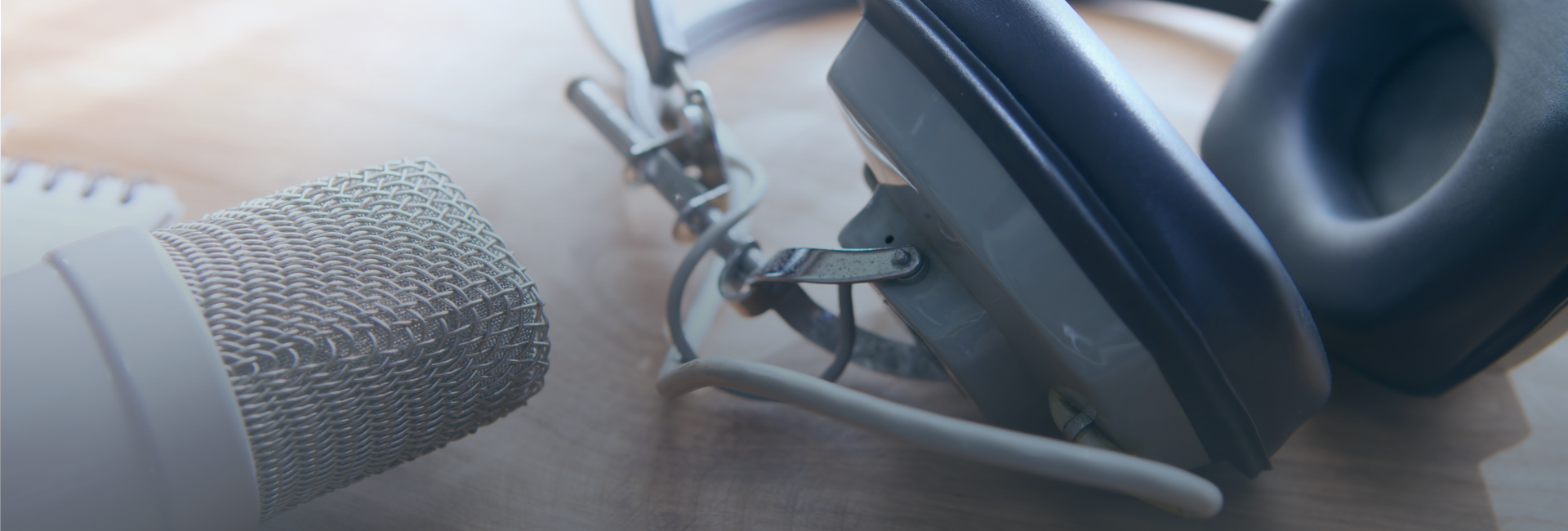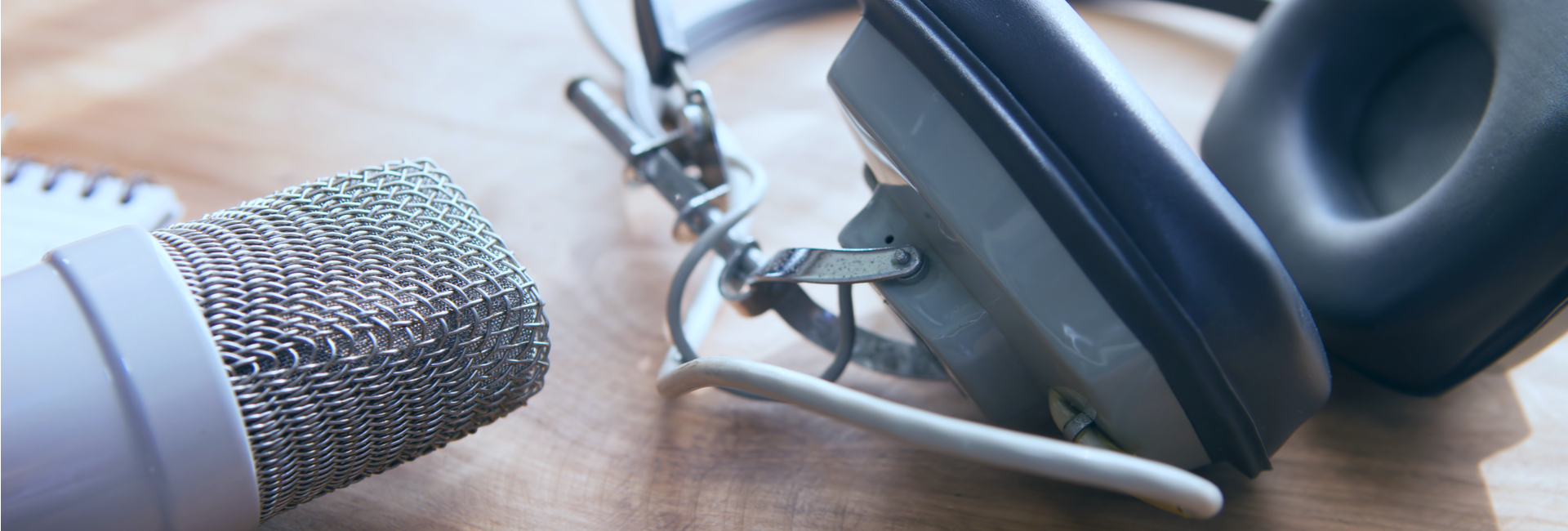Episode Seven | Just Dry Bones
Just Dry Bones
In the seventh episode of Just Science, funded by the National Institute of Justice’s Forensic Technology Center of Excellence [Award 2016-MU-BX-K110], guest speakers Dr. Melissa Connor, Dr. Eriek Hansen, and Christiane Baigent discuss their NIJ funded research. A study was launched in late 2015 using two methods, Bioelectrical impedance analysis (BIA) and Total Body Desiccation. Observations from three years of study at Colorado Mesa University created a qualitative scoring system, the Total Body Desiccation Score (TBDS), showing major changes over time by desiccated remains.
Listen/Download at:

![]()
You can also find us on Stitcher or Soundcloud
Archived Webinar for Christiane Baigent’s 2017 R&D Symposium Presentation
Biographies

Melissa Connor, Ph.D. presently directs Colorado Mesa University’s Forensic Investigation Research Station, one of seven “body farms” in the world. She teaches forensic science, specializing in forensic archaeology and forensic anthropology. She has 30 years of archaeological experience, and has worked in forensic science for the last 15 years. Connor is the author of Forensic Methods: Excavation for the Archaeologist and Investigator, published by AltiMira Press in 2007. Connor specialized in mass grave sites, working in post-conflict area throughout the former Yugoslavia, and in Rwanda, Sri Lanka, Cyprus, and Nigeria. She gained her initial experience in battlefields working on archaeological sites such as the Little Bighorn Battlefield in Montana. She is co-author of Archaeological Perspectives on the Little Bighornand They Died with Custer: Soldiers’ Bones from the Battle of the Little Bighorn, both published by the University of Oklahoma Press.

Eriek S. Hansen, PhD, earned both a Bachelor of Science in Fisheries and Wildlife Management and a Master of Science in Aquatic Ecology from Utah State University. He earned his PhD in Ecology from the University of Wyoming. Currently, he is an Assistant Professor of Biology at Colorado Mesa University. His research interests are broad, with research in aquatic ecology ranging from physiological experiments to large scale riparian restoration, and research in the forensic sciences. Currently he is investigating bioelectrical impedance analysis as a technique for quantifying the lipid composition of fishes and as a technique for predicting the postmortem interval in human remains. In addition to research, Dr. Hansen is interested in science education at both the K-12 and college levels.

Christiane Baigent, MSc. is a full-time research assistant at Colorado Mesa University’s Forensic Investigation Research Station. Prior to joining CMU-FIRS she acted as Laboratory Manager and Case Coordinator in Metropolitan State University of Denver’s Human Identification Laboratory (MSUD-HIL). Here, she assisted federal, state, and local law enforcement agencies with the search, recovery, and analysis of human skeletal remains while teaching courses in skeletal pathology, physical anthropology, and forensic anthropology. Additionally, she completed a year-long Investigative internship program with the Denver Office of the Medical Examiner. Internationally, she has analyzed skeletal material from the tomb of Sipan, the site of El Brujo, and collaborated with the Proyecto Académico de Investigación Bioarqueológico e Historiográfico Francisco Pizarro (PAIBHFP) across several field seasons in northern Peru. She received her MSc. in forensic bioarcheology from University College London; the resultant thesis investigated patterns of taphonomy and periosteal new bone deposition in the perinate skeleton and was jointly awarded the Institute of Archaeology Master’s Prize for outstanding dissertation. Her current research includes the effect of altitude on decomposition and concomitant patterns of longitudinal osseous taphonomic change, the effect of postmortem interval on the presentation of perimortem blunt force trauma, region-specific models and standards for the estimation of postmortem interval, and the development of diagnostic criteria for taphonomic change. She will matriculate into the graduate program at Southern Illinois University, Carbondale in the fall of 2017.
Additional Content:



